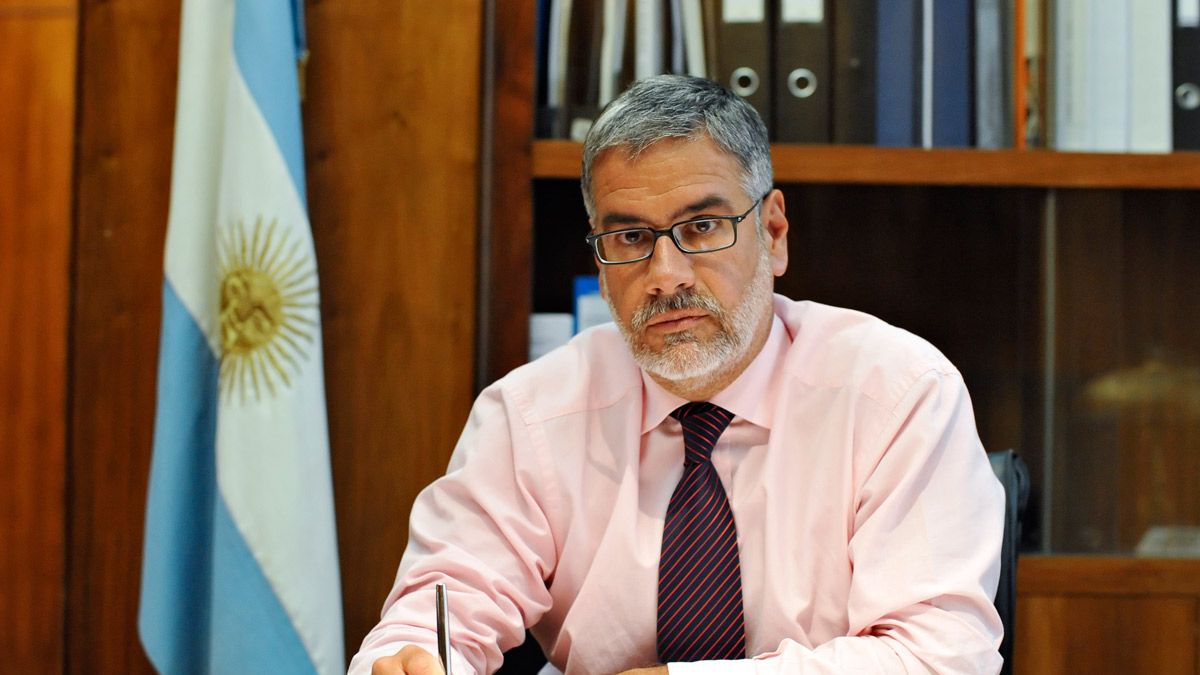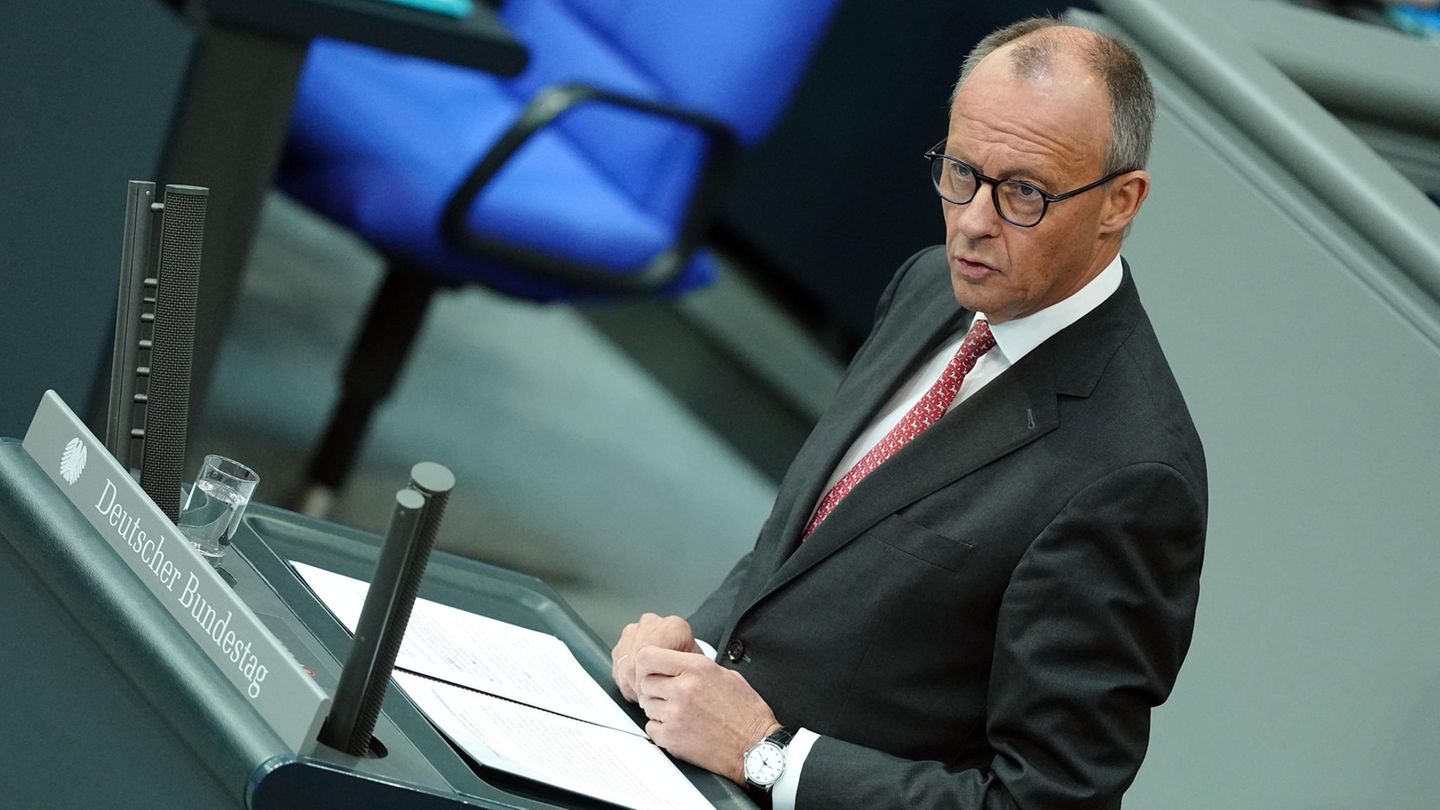In this context, the same source added: “Positions are approaching so that there is an agreement, but the government’s decision is immovable.”
In this context, the possibility of applying existing laws to prevent new increases and guarantee the normal supply of products in the event of not reaching a consensus, as Feletti anticipated on Friday, is not ruled out.
In tomorrow’s meeting, as in the meeting held last Wednesday, executives of the companies Diarco, Maxiconsumo, Vital, La Anónima, Coto, Día, Changomás and Carrefour, as well as the United Supermarkets Association (ASU) will participate. , the Argentine Chamber of Supermarkets (CAS), the Argentine Federation of Supermarkets and Self-services (FASA) and the Argentine Chamber of Distributors and Self-Service Wholesalers.
Authorities from the Food Products Industries Coordinator (COPAL), and from the firms Swift, Alicorp, Ledesma, Sancor, Prodea, Ilolay, Danone, Cabrales, Coca Cola, Unilever and Fecovita, Saraco, among others, will also be part of the party. .
At Wednesday’s meeting, Feletti’s proposal to the production companies was that, as “the installed production capacity of the companies is well below its historical average, that they earn by quantity and not by price.”
“What cannot happen is that the recomposition of income is absorbed by the food basket,” the source stressed to Télam.
Within this framework, “they – referring to the companies – sent some counterproposals that are being evaluated and on Monday the meeting will be held with them, with the intention of closing the agreement,” the source closed.
In the middle of last week, Feletti announced the launch of an agreement with the main mass consumption companies and supermarket chains to keep the prices of 1,247 mass consumer products stable – which include those of the Care Prices program – for 90 days, until January 7, 2022.
The understanding includes producers, suppliers, supermarket marketing chains, wholesalers and retailers, and involves rolling back the prices of the products to the values in force as of October 1.
After that meeting, Feletti said that the Ministry of Internal Trade aims to adjust “the government’s income policy with the price policy. The indicator that we are going to use to define this situation has to do with the correlation of the impact of the basket basic food in the salary of a formal worker “.
On Friday, the Secretary of Domestic Trade warned that in the event of no agreement with food producers and marketers, the Government will move forward with “maximum price policies that are not consensual.”
“Obviously, if an agreement is not reached, we will have to apply the laws, which I tried to prevent because I believe in social agreements,” added the secretary, who explained that the greatest resistance is perceived in the producers more than in the marketers.
David William is a talented author who has made a name for himself in the world of writing. He is a professional author who writes on a wide range of topics, from general interest to opinion news. David is currently working as a writer at 24 hours worlds where he brings his unique perspective and in-depth research to his articles, making them both informative and engaging.




